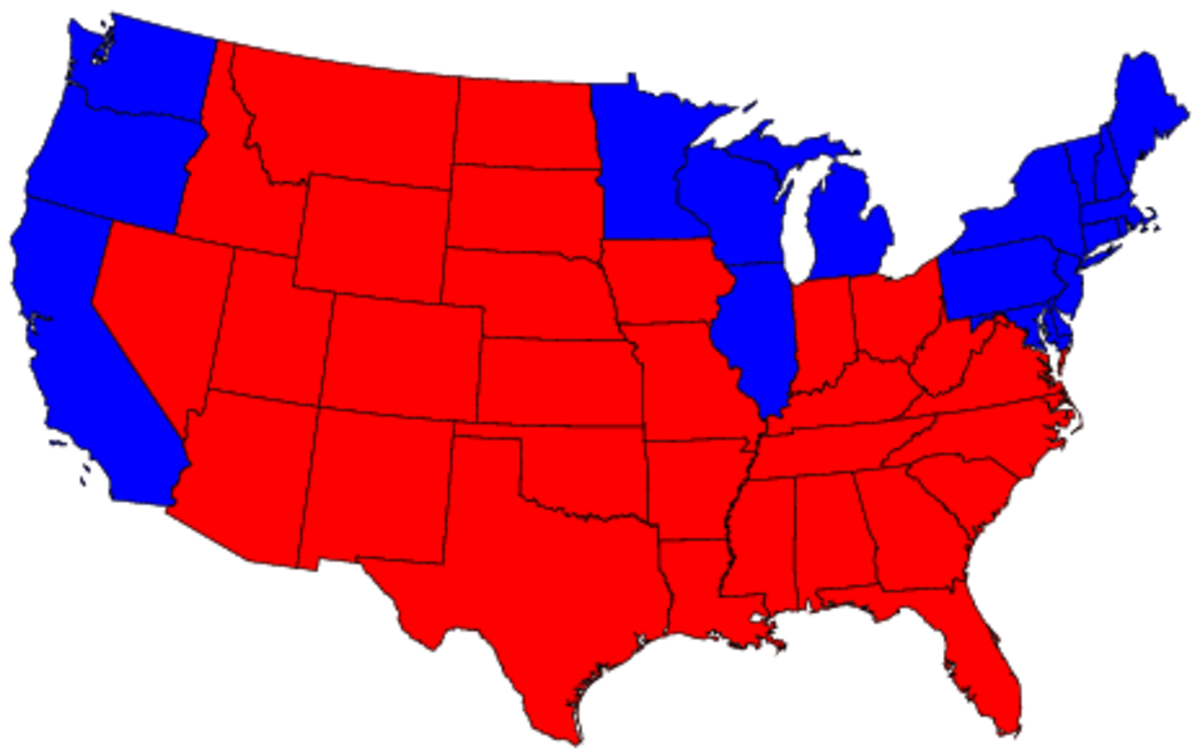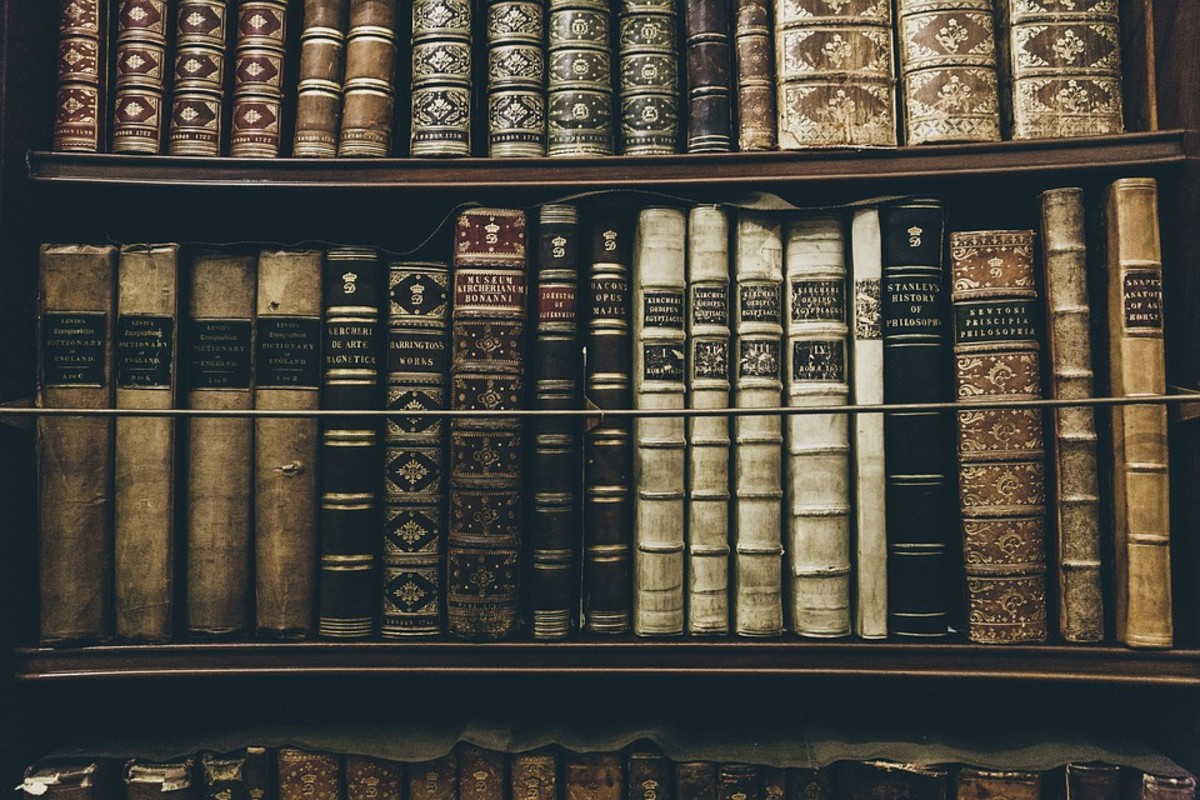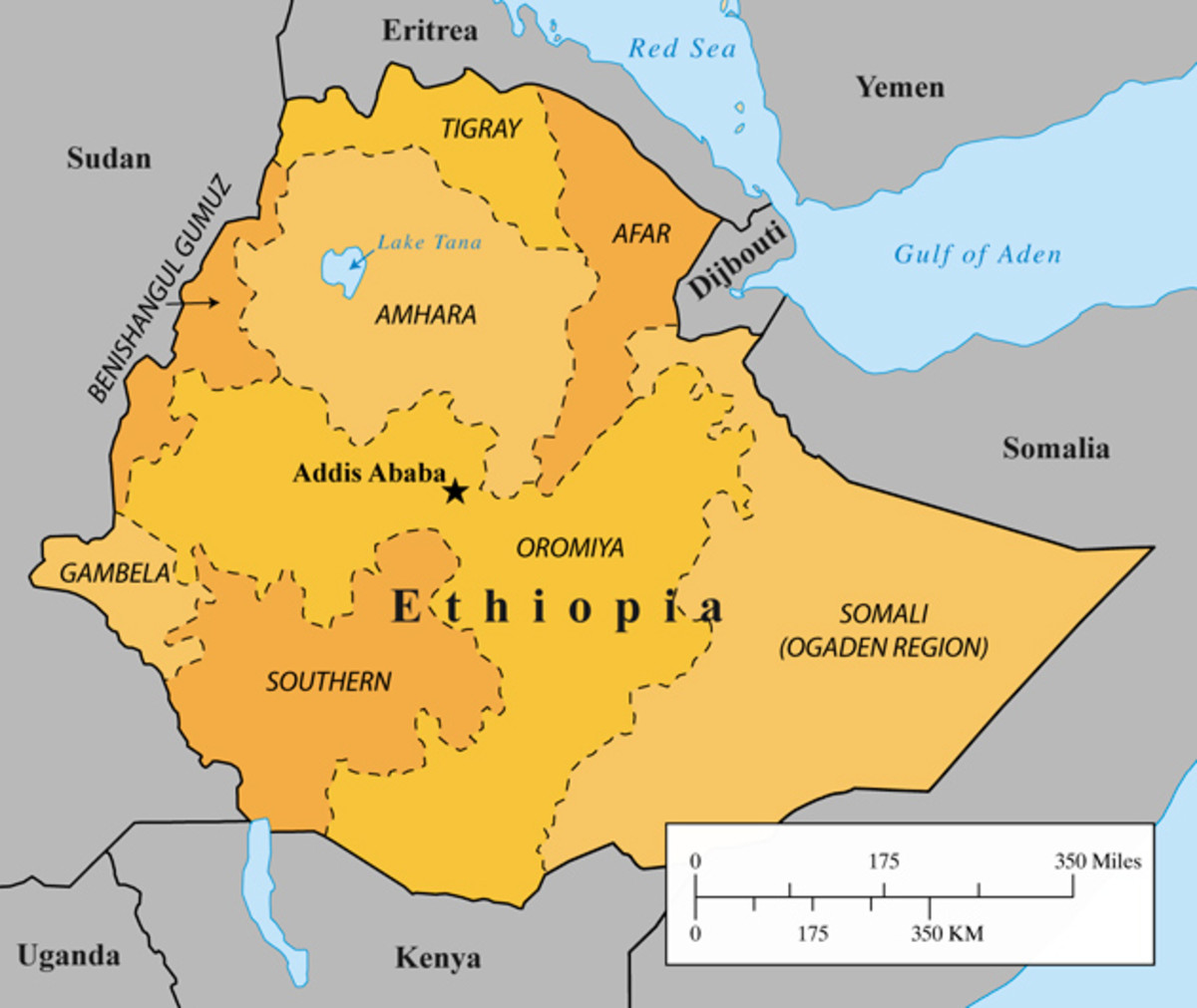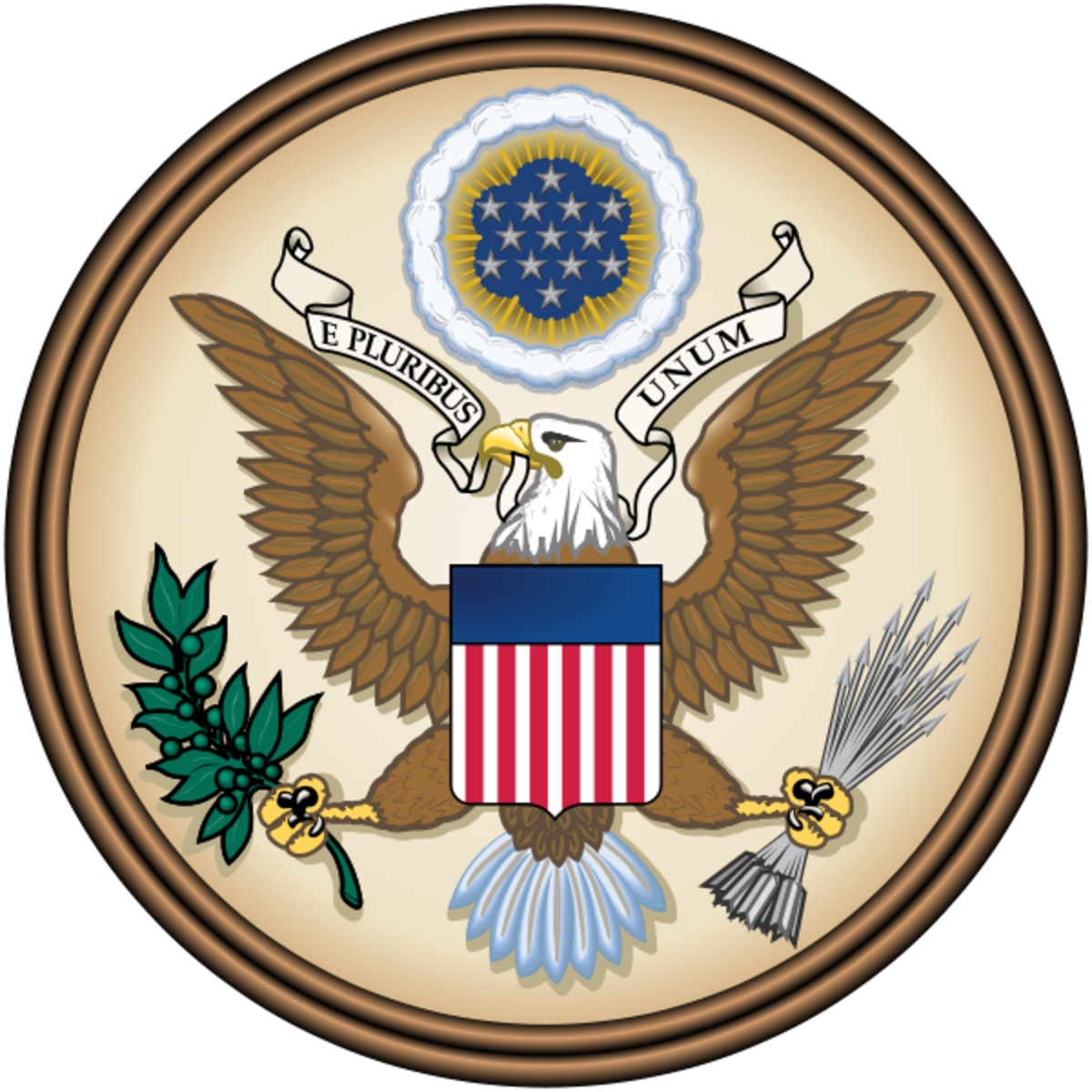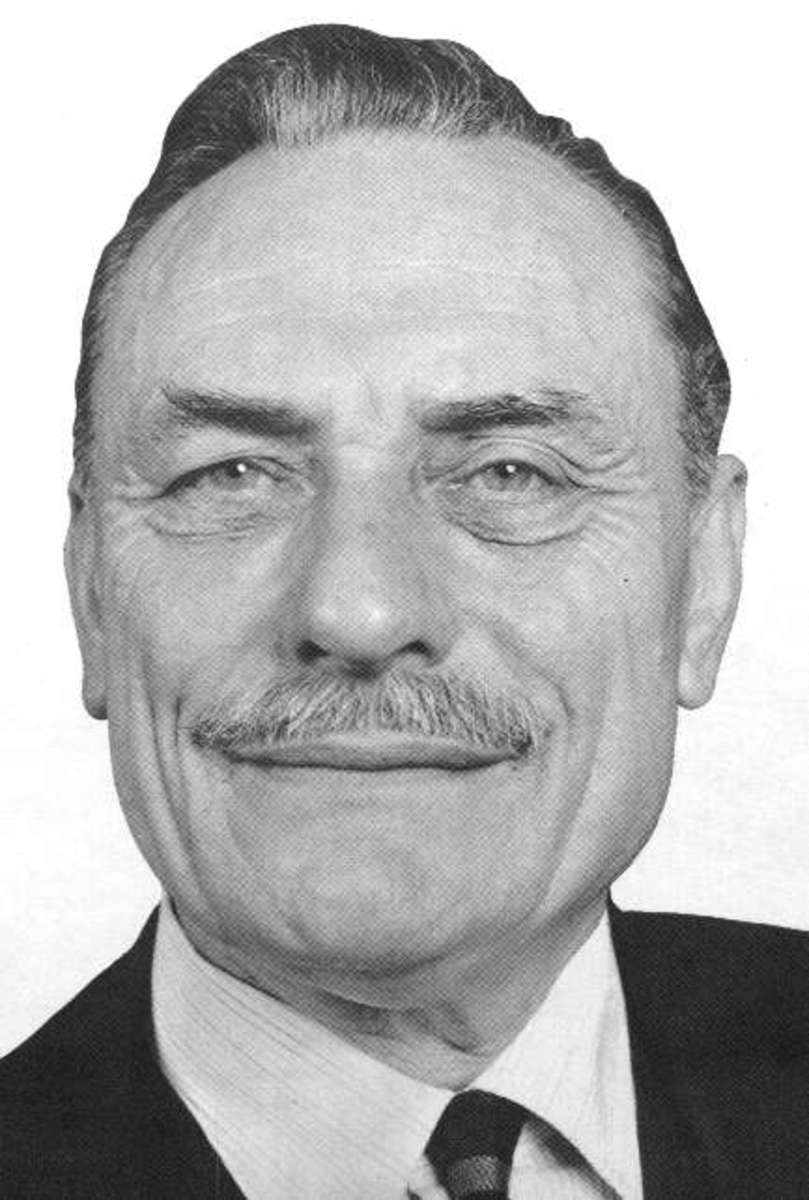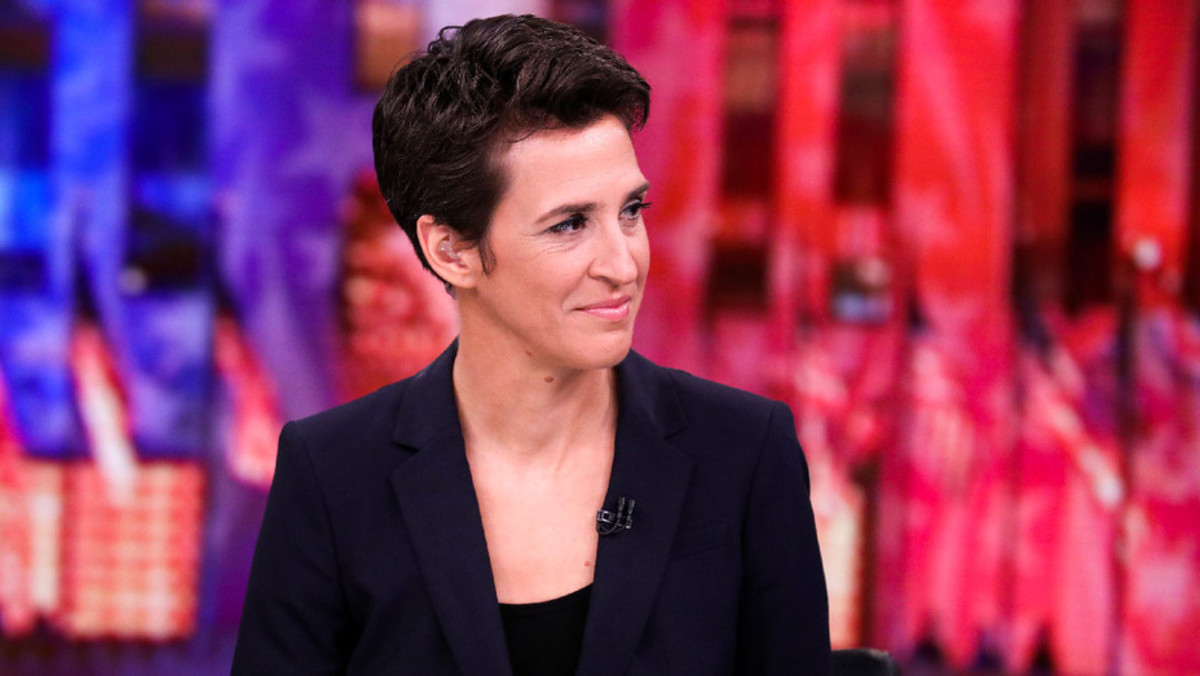Concept of Power in Political Science
Concept of Power in Political Science
Power is the crux of politics-local, national and international. Since the beginning of humanity power has been occupying the central position in human relations. In order to comprehend international politics and relations the study of the concept of power in political science is a must. The relation between the state and power is very close. In the words of Hartman, power lurks in the background of all relations between sovereign states.”1 In this way, all inter-state relations are ultimately relations of power politics.
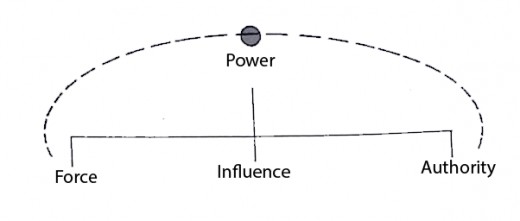
MEANING NATURE AND CONCEPT OF POWER IN POLITICAL SCIENCE
Power, Force, Influence and Authority
Power, influence, authority and capability are related terms , and often used interchangeably and loosely. Such a use creates a conceptual confusion. An attempt has been made to remove this contusion by defining each term separately in the following Paragraph
The master of statecraft in ancient India-Kautilya wrote about power in the fourth century B.C. as the ”possession of strength” (an attribute) derived from three elements: knowledge, -military and valor.”I Twenty three centuries later, Hans Morgenthau following Kautilya’s realistic line preferred to define power as relationship between two political actors in which actor A has the ability to control the mind and actions of actor B.
Thus, power, in the words of Morgenthau “may comprise anything that establishes and maintains control of man over man (and it) covers all social relationship which serve that end, from physical violence to the most subtle psychological ties by which one mind controls another.” Power is viewed both as a set of attributes of a given actor as well as a relationship between two actors The simple way to understand the concept of power is to see it as a relationship of independent entities. Similarly, the best way to Operationalize and measure a state’s capacity to exercise power is to look on its Specific attributes and elements which can be easily measured.
Schwarzenberger defines it as the ”capacity to impose one’s will on others by reliance on effective sanctions in case of non-compliance.“ He distinguished it from both influence and force by regarding it as containing a threat not present in influence and yet stopping short of the actual use of force.
While defining power, Schleicher also makes a distinction between power and influence. Power is the ability to make others do what they otherwise would not do by rewarding or promising to reward or by depriving or threatening to deprive them of something they value. But influence means to change the behavior of others through their consent by persuasion rather than through the exercise of coercion. In his own words, ”Power relationship is marked clearly by the occurrence of threats, influence relationship is manifested without the presence of threatened sanctions.
To Dahl power is “ability to shift the probability of outcomes.” According to him, ”A has power over B to the extent that he can get B to do something that B would not otherwise do.Hartmann observes that power ma infests itself along the line of influence beginning with latent or unintended use of power (that is to say, persuasion). through conscious but regulated power (that is to say, pressure) and reaching up to its final gradation (that is to say, use of farce).7 In brief, Duchacek defines it as ”the capacity to produce intended effects-to realize one’s will.” Thus; power is the ability to control the behavior of others in accordance with one’s own intentions and interests.
Couloumbis and Wolfe define “power as an umbrella concept that denotes anything that establishes and maintains the control of Actor A over Actor B. Power, in turn, can be seen as having three important ingredients. The first ingredient is force, which can be defined as the explicit threat or the use of military, economic, and other instruments, of coercion by Actor A against Actor B in pursuit of A’s political objectives. The second ingredient is influence, which we define as the use of instruments of persuasion-short of force-by Actor A in order to maintain or alter the behavior of Actor B in a fashion, suitable to the preferences of Actor A.
The third ingredient of power is authority, which we will define as Actor B’s voluntary compliance with directives (prescriptions, orders) issued by Actor A, nurtured by B’s perceptions regarding A-a such as respect, solidarity, affection, affinity, leadership, knowledge, expertise.”9 41‘ hey thus clarify the” meaning not only of power but also of influence, force and authority. They also depict umbrella concept of power
Capability:
Some scholars like Lerche and Said have used the tern? capability instead of power because the latter lays over emphasis on coercion which they don’t like. According to them, “capability is always the . ability to do something, to act purposefully in an actual situation.”Power also implies this and popularly power often becomes a status to which states aspire and which a few achieve. Scholars sometimes think of a powerful state in the abstract, without considering how much that state can actually do in immediate action situation. “Capability preserves the necessary nexus with policy and action that a careless use of ’powei’ often overlooks.” For these reasons they use the former term to refer to the over-all action competent of states. On the other hand, Couloumbis and Wolfe “prefer to interpret capability as the tangible and . intangible attributes of nation-states that permit these actors to exercise various degrees of power in their contacts with other actors.”12 Technically the term power is distinct from the term capability. Most of the scholars prefer to use the term power. Respecting this preference we will adhere to the term power in subsequent paragraphs;
National Power
Power possessed by a nation-state is known as national power. In the words of Padelford and Lincoln, ”National power is the sum total of the strength and capabilities of state harnessed and applied to the advancement of its national interests and the attainment of its national objectives. In a formal sense, national power has been defined by agrarian, as the strength or capacity that a sovereign state can use to achieve its national interests.” This power alone enables a state to defend its interests in the long run and to produce desired results. It is an indicator to the ability to influence opinion, human behavior, and course of events outside its own frontiers.
National power, according to Anam Jaitly is a capacity to influence people domestically and other nations externally, toward certain desired national preferences and induce a favorable response from these sectors for accomplishing these preferences.It has an instrumental value for understanding higher national objectives in a competitive world. In the Opinion of another Indian scholar Jangarn, ”national power is the wherewithal or means of conducting nations’ foreign policies or the pursuit of national goals.” He defined it as ”the capacity of nations for the pursuit of different stakes-territorial, political, economic, social, cultural and those relating to prestige and goodwill.
National power taken in this sense is constituted by a number of elements, constituents or factors.” “ Ebenstein also defines national power in terms of its attributes and elements. According to him, ”National power is more than the sum total of population, raw material and quantitative factors. The alliance potential of a nation, its civic-devotion, the flexibility of its institutions, its technical know-how, its capacity to endure privation these are but a few quantitative elements that determine the total strength of a nation!” These elements and attributes of national power will be discussed in detail in the next .
I Discussion on the nature and importance of power can be summed up in the words of Organski, ”Power, then, is the ability to influence the behavior of others in accordance with one own ends. Unless a nation can do this she may be large, she may be wealthy, she may even be great but she is not powerful.
KINDS OF POWER
There are three types of power which are explained below:
1. Physical Power
Military strength of a state is known as physical power. Both USA and USSR are top ranking power owing to their military might. Government of a state enjoys political power because of the subordination of the military to the political authority. Whenever this subordination is disturbed military leadership or commander snatch political power. It is exactly in this way that various coup d’etat take place in the world and political power changes hands. As a result of the. rapid technological development, the physical power of the state is divided among its different wings such as the armed force, the air force, the navy and of late, the nuclear force with its missiles.
Separation of military power among different wings has provided some safeguard to political authority from Usurpation of power by military leadership. it is also the cause of not providing any unified command of the three wings in India. There is no harm in increasing and consolidating military strength as it further enhances a nation’s power. But at the same time concrete steps must be taken to make military subordinate to political authority. Military should not be allowed to indulge in political affairs and activities.
2. Psychological Power
It is a power over public opinion. It consists of. symbolic devices that are utilized to appeal to the emotions of men. This power is identical with that of pr0paganda. It is an endeavor to regulate thoughts and actions of others through propaganda. Propaganda is motivated and could be for good or evil. Power over opinion is essential for boosting the morale of the people at home, carrying on the psychological warfare abroad, and for acquiring moral leadership everywhere.
Psychological power is used very tactfully. In India, the Republic Day Parade of the local made tanks and weapons is meant to impress upon the other nations its growing military power. The Krer’nlin’s display of rockets and tanks on the occasion of the anniversary of the October Revolution was also a use of psychological power. The governments use propaganda techniques 10 expand psychological power among the population of the rival states, many of which have their Special broadcasting services for overseas people. For example, All India Radio has external services in Russian, Chinese, Hindi, Bengali, Urdu, Pushtu, Nepali, English etc. The BBC, Voice of America and Tashkent Radio have an extensive overseas service in foreign languages. Psychological power is usually employed to weaken the 0pponent countries by spreading disloyalty among their pe0ple and instigating t2hem against their governments.
3. Economic Power
Economic power is the ability to control the behaviour of other nations by having greater control over economic goods and services. A highly industrialized and economically sound country can influence the behaviour of the needy nations by giving them economic aid and rewards and offering them capital and technical assistance. Economic development enhances the capacity of a nation to influence others through persuasion and also enables it to resist persuasion and punishment by others and both of them are the important methods of power.
Economically prosperous state possesses the ability to buy and the ability to sell and both are used to increase a nation’s power through international trade. A state’s foreign trade is meant to increase, economic dependence of another country upon ones own. Nepal and Bhutan are dependent upon India for their trade. The US multinational companies control the economies of the Latin American countries and nearly two-thirds of their foreign trade is with United States. A large share of the foreign trade of Western Europe and Japan has been with the US and thus the economy of these countries has been made dependent upon smooth political ties with the US. The developed countries follow what has been propagated as economic aid policy towards the developing countries. This aid policy has created a large stock pile of credit of the developed Western countries among the developing countries but is proving to be of dubious political advantage.
METHODS OF EXERCISING POWER
The question arises how can Nation A influence Nation B? How can it exercise power? There are four means and methods by which one nation can influence or control other as per its own desire. These are:
1. Persuasion
It is the most common and widely used way of exercising power. In this method what Nation A does is to influence Nation B by way of arguments or superior logic or to redefine the whole situation so that Nation B changes its mind about what it ought to do. Most of the delegates. of international organizations employ this method and persuade . each other. Small nations largely rely on this less expensive method because they lack power and means to coerce.
2. Rewards
Nation A can regulate Nation B for doing what Nation A wants by offering its various rewards. Rewards for compliance -~ may include psychological manipulation, material support, economic aid, military assistance‘and political support. A diplomat may alter his stand to win the appreciation of his fellow diplomats from other nations. The rewards can be material in the shape of territory, military aid, weapons, troops and training facilities. The rewards may, be economic in the form of aid, loans, grants, capital supply, technical assistance etc. Political rewards consist of support for another nation’s viewpoint in international conferences and forums.
3. Punishment
Reward and punishment have close relationship. The most effective punishment is to with old reward. Punishment may also include hostile activities like unfriendly propaganda, diplomatic opposition and aid to the enemy of the state concerned. It, however, should be threatened in advance and . not actually carried out. The most effective punishment is rarely meted out because the very threat of it succeeds in preventing the action which the. punisher disapproves. As a last resort if it is to be carried out, it should be given in such a way that it can be withdrawn at once when the offending party changes and subscribes to the way shown by the punishing Party
4. Force
Punishment is Usually threatened as a preventive measure but when it is actually carried out, it becomes the use of force Thus, punishment and force are not strictly separated from each other through some distinction from the viewpoint of prevention and actuality; and the intensity of hostility, between these two is made for the purpose of analysis. The most. extreme form of the use of force is war. Force is always used as the last resort when the above three methods prove futile.
It can be said again for the sake ‘of clarification that the first two methods-persuasion andreWard-constihite influence while the last two punishment and force-form power. The . analysis of these four means reveals that what distinguishes power from influence is Coercion or force.
DIMENSIONS OF POWER
Deutsch gives three dimensions of power that can be easily measured and that allow analysis to quantify and rank the actual and projected capabilities of nation-states.19 In brief these dimensions are as follows:
1. Domain of Power
Domain answers the question, over whom power is exercised. Power is often exercised over people, territory and wealth. Domain can be divided into internal domain and external domain. In the context of international relations only the external domain is relevant. It means the ability of nation-states to exercise their power outside their territorial’ limits. For instance, the external domain of the US would comprise all other members of the NATO, ANZUS Treaty ‘ and OAS, and some other states which have entered into bilateral defence pacts or understanding with the US.
Like the concept of external domain, Rosenau has propounded the concept of penetration which he defines as a process in which ”members of one polity serve as participants in the political process of another.”20 Some of the pointers to ‘1 penetration are the number of basis and facilities a country maintains in other states, the size of military missions in other states and the quantity of foreign aid given etc. Penetration manifests itself in colonialism, neo-colonialism, imperialism and dependency.
2. Range of Power
Deutsch defines range as “the difference between the highest . reward (or indulgence) and the worst punishment (or deprivation) which a power-holder can bestow (or inflict) upon some person in his domain.”21 Range has also internal and external components. Within its territory a state may control its people by benign and tyrannical measures. Governments can exercise power over their subjects both ‘ through rewards as well as punishment. The rewards include welfare measures, democratic rights, facilities etc. Punishment can be given to those who disobey the government. In thee external range, colonialism and neo-colonialism could be regarded as the external analogue of tyranny.
On the other hand,a mutually beneficial alliance or an equitable structure for economic c00peration among nation-states is more akin to a just and benign national government. A powerful state can punish directly or indirectly a weak country if the latter does not follow the former’s line. Such punishment may .stretch from hostile propaganda to military intervention. On the other hand, the reward can be in the form of economic, military and diplomatic help.
3. Scope of Power
The scope of power, in the words of Deutsch,is ”the set or collection of all the particular kinds of classes of behaviour, relations and affairs that are effectively subjected to governmental power” This ’set of collection’–embraces all ~ the types of activities a government seeks to control, domestic as well as foreign. Technological revolution has substantially increased the internal and external scope of power. In the present times the external control has taken various forms and become subtle and complex. A powerful state can now exercise power over the other state without firing a single shot.
For example most of the Latin American countries are economically and politically controlled by the US albeit they are not its formal colonies. Multinational corporations play a role in this machination of dependency and interdependence.
Today, countries are dependent on one another for such important things as technologies; energy materials such as oil, uranium, and natural gas; investment capital; managerial personnel; unskilled labour; military equipment; and information-processing systems.
ROLE AND USE OF POWER
Power in international relations may be used by a nation for various purposes, the chief among them are:
National security
Defence of its territory and sovereignty is the main purpose of any modern state. National security is the vital national interest as well as major determinant of foreign policy of every nation. Power plays a significant role in achieving this purpose and vital interest. Every nation has a department or ministry in charge of the defence of the country. This shows how all states feel that military or physical power must be possessed in the interest of national security. Many nations have fought defensive wars.
A defensive war may be pre-emptive or preventive. A pre-emptive war is one initiated by a defensive power in order to forestall an attack believed to be imminent. Military might and preparedness is essential to deter the interferences of opponents, or, if they do occur to stop them. During cold war days the USA justified her large nuclear stock pile on the ground that it is necessary as a deterrent power. The US sought to deter the Soviet Union by making it known that‘ her nuclear striking, force is capable of surviving a surprise attack and capable of taking equally destructive retaliatory step. During Gulf War (1991) the US not only protected its vital interests but also compelled Iraq’s forces to vacate Kuwait With the help of its superior and sophisticated defence forces.
Preserving Status Quo
The policy of status quo aims at preserving the distribution of power prevalent at any time in history. The moment in history taken as a reference for pursuing the status quo policy is, often, the termination of war. After the end of a war peace-treaty is signed indicating the new shift in power. Nations following the policy of status quo utilize power to preserve the new shift in the balance of power. For example from 1815 to 1848, certain European governments pursued a policy of status quo, using their power to defend the Peace Settlement of 1815. US’s Monroe Doctrine (1823) and Truman Doctrine (1946) are other examples of using power for maintaining the status quo in the American hemisphere and West Europe respectively. The policy of status quo permits minor changes. But a major change altering the supreme position of the nation Pursuing the policy will not be tolerated by it.
Changing Status Quo
Nations also use power to change status quo in their favor or pursue a policy of imperialism. Any effort to change . the existing distribution of power in its favor means that state is following a policy of imperialism. The most open and crude type of imperialism is military imperialism. Today, it is replaced by other more covert forms of imperial policy, such as economic and cultural imperialism. Alexander, Napoleon, Hitler and more recently Saddam Hussain used . military power for their expansion. At times even nations claiming to fight defensive wars, as the allies in World Wars, may be tempted to have a treaty which not merely restores the pre-war balance but a new balance in its favour; for instance, the Treaty of Versailles which endeavoured to keep Germany permanently weak. At times, existence of p0wer vacuum or weak neighbors may tempt powerful states to take interest in those areas. Military adventure as a method of using power is a gamble.
It may succeed or may be lost. Economic imperialism or neocolonialism is less obtrusive. Economic expansion may be in the form of controlling foreign markets, exporting capital, providing economic aid and loans; and operating multinational corporations. Another Subtle way of changing status quo is cultural imperialism. It does not indulge in the conquest of territory and its forcible retention, nor in economic penetration, instead it endeavors o change the existing balance of power by conquering the minds of people.
This is achieved through propaganda. Just as nations find it necessary to be armed and ready to meet any military aggression, so also do they make use of their power to counter economic and cultural expansion.
Use in Diplomacy
Power is also utilized by a nation’s diplomats. Diplomats of a powerful country act more confidently in their diplomatic ‘ activities than diplomats of the less powerful states. Power helps nations at the negotiation table. It enable a nation to advance its particular claims or to resist the claims of other nations. The Chinese leader Mao Tse-tung once wrote: “Political power grows out of the barrel of a gun.” Likewise it can be said that diplomatic strength come out of political power. If a country is powerful its diplomats can effectively employ the means of persuasion and reward and their threat of punishment and use of force will carry more weight during diplomatic negotiations and manoeuvring.
Enhancing Prestige
Power is used by various states to enhance their prestige in the world. Enhancement is related with the show and demonstration of power. For this reason nations occasionally display power and strength before the other nations of the world in various ways. Military demonstrations on such occasions as the Independence Day ‘or Republic Day, where dignitaries and diplomats are watching, serve to impress on them the military preparedness of the inviting country.When the USA tested the atom bombs in the Pacific in 1946 she invited a large number of foreign dignitaries to see the fact that the USA was bombing a group of ships larger than many of the world’s navies.
Another frequently employed method of demonstrating power and at the same time solidarity or friendship with another nation is the exchange of fleets or visits of armed ships to the harbours of friendly countries. The , timing of such visitS‘or exchanges is also significant. If just before the outbreak of hostilities or when a country is being threatened, the visits are meant to show to the potential enemy that he will have to face the combined force of two nations. On all other occasions such exchanges serve to show the world that the country is interested in the affairs of the region ‘ and has power which it will use when necessary.
Finally a nation may exhibit its power and will to use it by calling for partial or total mobilization. A nation when it feels threatened by an enemy seeks to do this in order to convince the enemy and the rest of the world that it means to defend itself and that it has adequate man-power for this purpose. Thus, the prestige or reputation for military might and preparedness is used by countries to their advantage. But at the sometime there should not be wide gap between the apparent prestige and real power. To follow a policy of falsehood is perilous ”while to neglect prestige is to lose the Opportunity to put to full use the power at one’ s disposal.
Serving National Interests
Power is used not only to fulfill vital national interests such as national security and independence, preserving status quo and prestige etc. but also to accomplish other national interests. These may be geographical, political, economic, social, educational, scientific, technical, strategic, cultural and so on. Each country may have its own national interests according to its specific needs and conditions. Power alone can help achieve all these interests. More powerful a country is more easy will it be for it to achieve them than the other nations. Power is thus the main tool used by nations to fulfill their various national interests.
© 2018 Md Anisur Rahman

